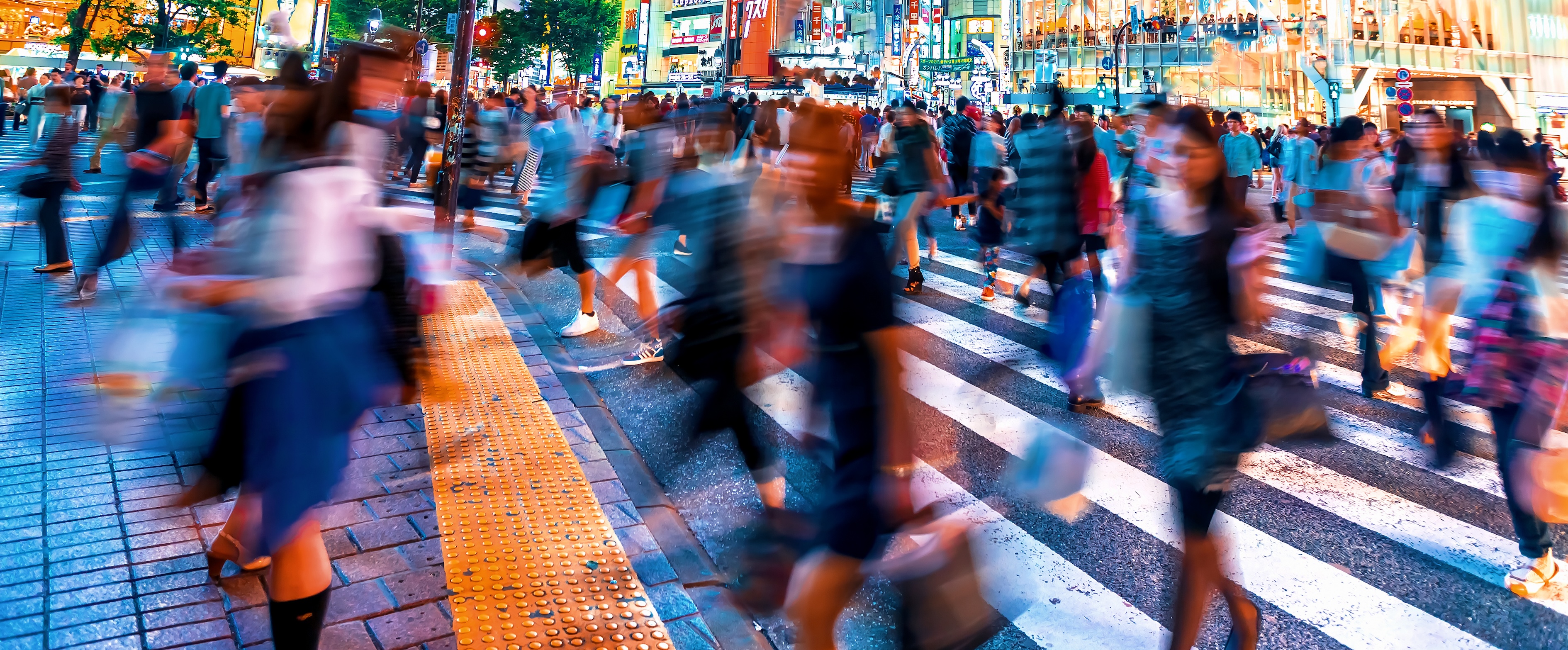When Loneliness Lasts a Decade: The Story of Hikikomori
Japan’s paradox: a collectivist culture with a million in isolation.

If you’ve read my articles before, you know I write a lot about loneliness and community.
About those quiet, creeping effects isolation has on our mental, physical, and social health.
From workplace culture to urban design.
From family structures to the role of public space.
I’ve explored it from many angles.
(Find one of the articles here.)
Recently, I came across a word that stopped me: hikikomori.
And this might be the most alarming thing I’ve found so far.
It’s a Japanese term for extreme social withdrawal.
Not just preferring to stay in on a Friday night to binge-watch a new Netflix series, but retreating entirely from society, for months, years, sometimes even a decade.
People living as hikikomori might not work, study, or socialise in person at all. Contact with others is minimal, often limited to a family member quietly leaving meals at the bedroom door or outside the apartment.
Everything else, such as entertainment, communication, and any form of connection, happens through a screen, if it happens at all.
Researchers estimate that more than one million Japanese people live this way. And while the behaviour is striking, the real story lies in why it happens.
When I first read that number, it didn’t just land in my head; it hit me straight in the chest.
I could feel the weight of those closed doors.
The years passing in silence.
The lives unfolding entirely out of sight.
This is millions of human stories.
Let’s talk about it!
Why Hikikomori Happens
Hikikomori doesn’t just appear out of nowhere.
It’s the product of social pressures, cultural norms, and personalexperiences converging into a slow retreat that’s hard to reverse.
1. Crushing academic and career pressure
Japan’s education system is fiercely competitive, with entrance exams shaping life paths early on.
Falling short can feel like the end of the road before adulthood evenbegins.
Later, the job market offers little forgiveness for missteps, and quitting a job can carry lasting stigma.
2. Social shame and fear of judgement
In a collectivist culture, personal failure can feel like it reflects onyour family. The fear of “bringing shame” can make disappearingseem safer than facing scrutiny.
3. Bullying and social rejection
School bullying (ijime) can be relentless, andthe cultural expectation to endure rather than confront leaves many withoutsupport.
Hikikomori often begins as a retreat from environments where rejectionhas already been experienced.
4. Overwork and lack of time for relationships
The culture of karōshi, death from overwork, may be less visible than before, but long hours still leave little space for personal life.
Those who step away from work often find re-entry extremely difficult.
5. Fragile community structures
With declining birth rates, smaller households, and eroding neighbourhood networks, it’s possible to vanish without anyone noticing.
Rural areas face collective ageing, while urban areas can be isolatingin their anonymity.
Why Rejoining Society Is the Hardest Step
Japan’s overall loneliness rates are lower than in the US or UK, but the duration tells a different story.
Once isolation sets in here, it tends to last.
Surveys show many people have been in this state for over ten years.
And that’s where a cultural paradox emerges.
Collectivism works beautifully when you’re inside the group; it offers support, identity, and belonging.
But once you’ve fallen out, the path back can feel impossibly narrow.
Loneliness here is rarely loud or chaotic. It’s neat, contained, almost invisible.
And that’s exactly what makes it so enduring.
Breaking that cycle isn’t simple.
It’s like learning to swim, you can’t master it without touching the water. At some point, you have to take the plunge, splashes and awkward strokes included.
That first step back into social life is the hardest, and in modern society, it’s the single biggest obstacle to overcoming loneliness.
The longer the wait, the stronger the current pulling you back into isolation.
In 2021, Japan appointed a Minister for Measures against Lonelinessand Isolation and passed a Loneliness Prevention Law.
Initiatives range from mental health services to community programmes designed to make re-entry less intimidating. Some cities are experimenting with informal public “third spaces” where people can connect without the pressure of formal commitments.
But for those in long-term isolation, these measures may still feel far away, another ripple in a pool they haven’t entered for years.
The consequences are not only personal but societal.
The human cost is high.
Mental health declines, physical health suffers, and the economy loses out.
Families carry the emotional and financial weight for years.
The greatest loss, though, is harder to measure.
It’s the quiet erosion of a person’s belief that they still have a place in the world.
And then there’s the sheer scale of it.
The craziness that some hikikomori haven’t stepped outside in more than a decade.
Imagine measuring time not by seasons, but by the number of times you’vewalked to the door and turned back.
Let’s Wrap This Up
Japan shows us that loneliness isn’t always visible, and it’s rarely about one bad day.
It’s about the slow build-up of pressure, shame, and disconnection that makes rejoining the world feel impossible.
And the longer the door stays closed, the heavier it becomes to open.
Lots of love,
Stina



.svg)